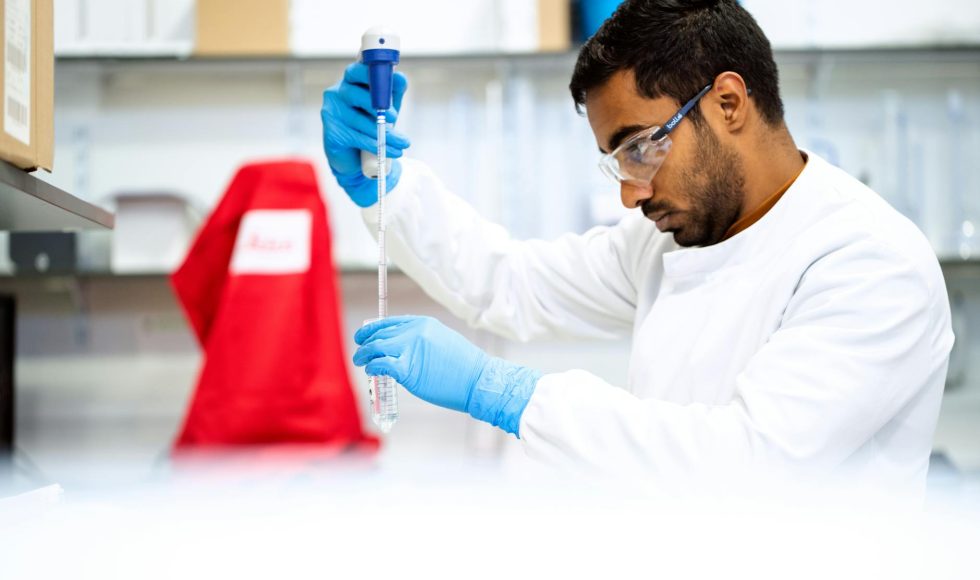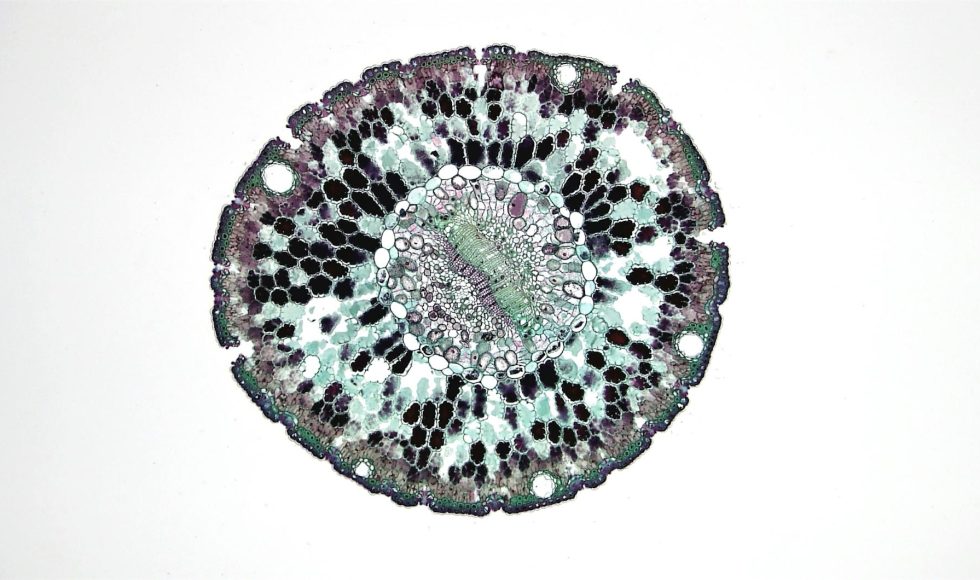Anna Dolnik from the Charite University Medical Center in Berlin, Germany, presented at London Calling 2019 on “Genomic profiling in acute myeloid leukemia with complex karyotype.” They presented data on the survival of over 5,100 patients with acute myeloid leukemia (AML). The WHO in 2016 revised the classification of AML. A newly diagnosed AML patient, […]
Tonight, I watched Miten Jain’s London Calling 2019 presentation on “Generating high-quality reference human genomes using PromethION nanopore sequencing.” Jain is from the University of California, Santa Cruz. They have developed a framework to produce reference-quality human genomes in a week. Jain spoke about the need to sequence many human genomes that can serve as […]
Andrea Riposati from Dante Labs in the US presented at London Calling 2019 on “Human long-read whole genome sequencing: applications and results.” Riposati is the co-founder and CEO of Dante Labs. They presented a case of a patient who had suffered 45 years without a diagnosis. Dante Labs provided whole genome sequencing and pharmacogenomics lab. […]
Mike Clark from the University of Melbourne in Australia presented at London Calling 2019 on “Deep transcriptomic sampling with long-read single cell RNA sequencing.” Clark gave the first talk in the session and explained the power of expression profiles of single cells (scRNA-seq) to identify cell types and variations in gene expression. scRNA-seq can be […]
My Linh Thibodeau from the University of British Columbia in Canada presented at London Calling 2019 on “Resolution of germline hereditary cancer structural variants using nanopore sequencing.” They began talking about the Personalized OncoGenomics Program (POG), which is an initiative of BC Cancer. The study enrolls participants and conducts extensive genomic analyses. The team evaluated […]
Marie-Christine Carpentier, from the Genome and Plant Development Laboratory in France, presented at London Calling 2019 on “Using long-read nanopore sequencing to unravel structural variations in plants.” We have been trying plant genome sequencing and want to learn more. Carpentier spoke about transposable elements. Mobile elements can move within a genome. Carpentier noted that the […]
“Genomics from roadkill: high quality mammalian genomes using hybrid assembly with MinION long reads” was the title of Frederic Delsuc’s London Calling 2019 session. Delsuc is from the French National Centre for Scientific Research in France. Their lab specializes in mammalian phylogenomics. The project is called The ConvergAnt Project, which is “an integrative approach to […]
Yusmiati Liau from the University of Otago in New Zealand spoke at London Calling 2019 about “Nanopore sequencing of the CYP2D6 pharmacogene.” Liau explained that pharmacogenetics is used to learn about genes that affect responses to drugs. There is a standard nomenclature for pharmacogenetics. The PHarmVar database was used as an example. The CY2PD6 gene […]
Maximilian Schmidt from RWTH Aachen University in Germany presented at London Calling 2019 on “PLant de novo genome sequencing and assembly using Oxford Nanopore technology.” Schmidt spoke about extraction, sequencing, and bioinformatics as the three main phases of plant genome sequencing. They sequenced Solanum pennellii tomato. They incubated the plant in the dark for two […]
David Greig from Public Health England presented a session in London Calling 2019 with the title “Comparison of single nucleotide variants identified by Illumina and Oxford Nanopore technologies in the context of a potential outbreak of Shiga toxin producing.” They explained how they work on pathogen surveillance and focus on STEC: Shiga toxin-producing Escherichia coli. […]










